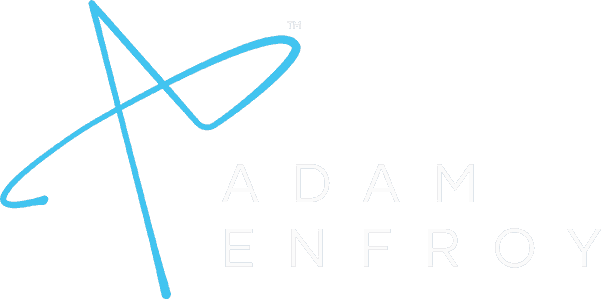7 Ways How To Monetize A Podcast (2024 Guide)
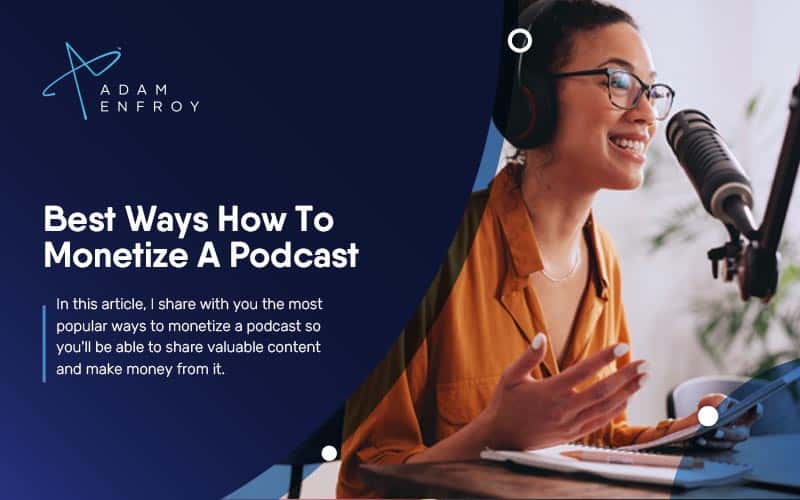
Have you ever wanted to start a podcast and earn money from it?
If so, you’re not alone.
With the average person spending 7+ hours per week listening to episodes on podcast hosting sites, there’s a huge opportunity to make money in this space.
In this article, I will share some of the most popular ways to monetize a podcast right now, so you can share valuable content and profit from it.
Best Ways To Monetize A Podcast
As a podcast host, you must remember that you control how you monetize your show.
You can mix and match different methods to find what works best for you and your audience.
1. Sell Advertising Space On Your Podcast
A podcast episode is a great way to sell advertising space.
You can find advertising your target audience will be interested in, which will fit well with your show’s content.
A podcast advertising network like Advertisecast can help you find the right podcast sponsorship that works for you and your audience.
Alternatively, you can connect with companies that might be willing to pay for ad space on your show and explain the benefits they would get if they did so.
Even if you have a smaller audience that’s highly engaged, you will probably still be able to sell advertising, but it may not be as profitable as those with a larger following.
2. Have Listeners Donate Money
Podcast hosts can ask their listeners to donate money as a sign of support.
Whether by creating premium content or simply asking for donations, this is one of the monetization methods where the sky is the limit.
From creating paid content to direct donations, many options are available for those asking their listeners for this help.
A Patreon account can also collect monthly donations from your listeners in exchange for more content.
Those who want to offer their listeners exclusive content in exchange for their support can range from a few dollars to a few hundred dollars every so often.
Alternatively, you can use payment solutions like Paypal and Square to collect donations from your listeners.
No matter what platform you use, your call to action in this situation will be critical to get right.
You must explain to your listeners what they will get for their donation and how it will benefit them.
3. Offer Consulting Or Coaching Services Related To Your Podcast Topics
Starting a coaching business related to your podcast topic is a great way to turn your show into a profitable business.
You can share your knowledge and expertise with those who need it and get paid.
For those who want to turn their passion into a business and help others simultaneously.
A podcast can be the perfect introduction that potential clients need to see you as an expert in your field and feel comfortable working with you.
Then, with coaching platforms that can take away the headache of starting and running a coaching business, you can get started and monetize your podcast in no time.
4. Use Affiliate Marketing To Make Money From Products Or Services Mentioned On Your Show
From recommending online services to selling other businesses’ products through a customized link, there are many ways to make money through affiliate marketing.
A niche audience can sometimes work better as the podcast content can directly tie into your recommended products or services.
Remember, podcast listeners are a knowledgeable and discerning group of people.
If you are trying to make money podcasting through the right affiliate link, ensure that your recommendations align with your values and that you’re not just trying to sell anything and everything to make a few dollars.
5. Sell Merchandise Related To Your Podcast
Podcast hosts can sell merch related to their show to monetize their podcasts.
This merchandize can be anything from t-shirts and mugs to more unique items like stickers and pins.
With the additional ability to offer exclusive access to merchandise only to your podcast listeners (and possibly in a limited amount), you can use human biases such as scarcity and exclusivity to work in your favor.
6. Sell Access To Your Products Or Services
From selling an online course related to your podcast topic to hosting events that deliver tons of value to your listeners, there are many ways to monetize your podcast by selling access to your products or services.
Podcasts allow future customers to see the value you can offer and make up their minds about whether or not they want to invest in it.
Having a podcast website also lends itself to having a section that deals with going into detail about your products or services.
Taking the online courses example mentioned before, you can give away free content as a teaser of what people can expect from the system, hosted directly on your website or through the proper integration with an online course platform.
You can have a more successful podcast and enhance the number of sales businesses make from their products or services.
7. Repurpose Your Content
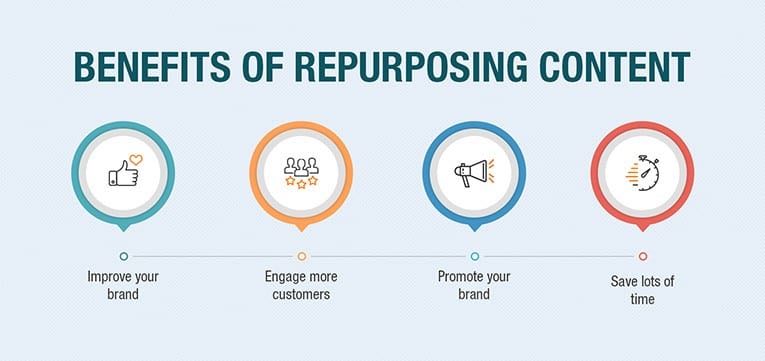
When you look at your podcast analytics, you’ll see that the number of listeners for specific podcasts will be higher than others.
When you see that the content of a popular podcast resonates more with your audience than other topics, it’s essential to take note.
While most podcast creators will create new content around such a topic and use it in future podcasts, a better idea would be to repurpose similar content for other channels.
The possibilities are endless in this case.
From starting a YouTube channel where you post the video feed from your podcast, to starting a blog and expanding on the topics in written format, to hosting webinars that teach people more about your podcast topic, there are multiple ways to go about doing this.
Some tools can even help with podcast conversion, making it easier for entrepreneurs to expand into more channels after podcasting.
By repurposing popular content, you can make the most of what’s already working well and ensure your message reaches as many people as possible.
Growing A Podcast Listenership
Considering your marketing strategy when growing revenue streams through podcasts is critical.
At its foundation, building a loyal audience goes hand in hand with the level at which you can monetize your podcast.
The bigger your audience is within your own business, the more partnerships and opportunities will open up, so a plan to grow your listenership should be a priority.
Here are some of the best ways to grow a podcast listenership.
Filled Your Podcast Episodes With Value
From getting more downloads to word-of-mouth recommendations from listeners, value is the name of the game when it comes to podcasting.
If your episodes are filled with actionable information that people can use in everyday life, they’re much more likely to return for more.
It’s also essential to ensure that each episode is digestible and relevant.
No one wants to listen to a rambling podcast that feels like it’s going nowhere.
Keep your episodes focused on one topic, and ensure you deliver value throughout the entire thing.
Offer Something Unique
Tied to the previous point, no one wants to listen to the content they can get anywhere else.
If you’re regurgitating information people can find elsewhere, people will not stick around for long.
Whether you provide your unique point of view about a topic and your experience in that field or create exclusive content that can’t be found anywhere else, offering something unique is essential for keeping people engaged.
Tease Future Content
Getting current subscribers to keep returning for every new podcast highly depends on what happens during and at the end of the previous podcast.
The ability to tease what’s in store in future episodes is a great way to keep people hooked and ensure they return for more.
It also helps to build a sense of anticipation and excitement around your show, which can do wonders for word-of-mouth promotion.
Interact With Your Listeners
You can’t just expect to release a podcast into the world and have people magically start listening to it.
You must actively promote your show if you want people to find it.
One of the best ways to do this is by interacting with your potential audience.
Whether through social media, forums, or other online communities, engaging with people who might be interested in your podcast is a great way to get them to check it out.
It also helps connect you and your listeners, making them more likely to become loyal fans.
Feedback is a two-way street, so ensure you take the time to interact with your audience and address their concerns.
Be Consistent With Release Schedules
Having a podcast audience tune in every time you release a new episode is essential for growing your show.
But to achieve this level of consistency, you must have a set schedule and stick to it.
Releasing episodes on a random basis will only serve to confuse and frustrate your listeners.
They will not stick around for long if they can’t count on you to release new content regularly.
In addition, a set schedule is the best way to ensure that your audience keeps returning for more and that you keep yourself accountable when creating shows.
Use Social Media To Promote Your Show
As much as it might hurt, people might forget about your show unless you remind them.
One of the best ways to do this is by using social media.
Ensure you actively promote your show on your social media channels and take advantage of relevant profiles on various networks.
You can ensure your podcast reaches as many potential listeners as possible.
Use Your Storytelling Skills
Getting an audience to listen to your podcast is one thing, but getting them to stick around until the end is another.
Your storytelling skills are the best way to share your stories and keep people engaged.
Being authentic when telling your stories is vital in connecting with your audience.
Those that have successful podcasts know how to use their storytelling skills to keep people engaged and coming back for more.
Choosing The Right Podcast Platform
Here are some top features to consider when choosing a podcast platform.
Ease Of Use
No one wants to spend hours figuring out how to use a complicated piece of software.
When choosing a podcast platform, make sure to go with one that is user-friendly and easy to navigate.
The last thing you want is to waste time figuring out how to use the podcasting platform instead of creating content.
Distribution And Monetization Options
You can monetize your podcast in several ways, so choosing a platform that offers the options you need is essential.
From running pre-roll, midroll, or post-roll podcast ads to selling products through a paywall, make sure the platform you choose makes it easy to get things done.
Comprehensive Analytics
Knowing your target audience and what content they respond to is essential for any successful podcaster.
Make sure to choose a platform that offers comprehensive analytics so you can constantly improve the quality of your show.
Metrics like CPM, downloads, listener location, and device type are just some things you should be able to track.
The more data you have, the better you’ll be able to fine-tune your content and ensure you’re always putting out the best possible show.
High-Quality Audio
You want your audience to be able to listen to your podcast without any issues, so make sure to choose a platform that offers high-quality audio.
No one wants to listen to a fuzzy or distorted podcast, so test the sound quality before committing to a particular platform.
Pricing
Finally, be sure to consider the pricing of each platform before making your decision.
While some platforms are free, others can be expensive, so choosing one that fits your budget is essential.
Don’t forget to factor in things like distribution fees and other potential costs when making your decision.
What Are The Top Podcast Platforms?
The biggest podcast platforms include Spotify, Apple Podcasts, and Amazon Music.
If you want less competition and more specific features, consider platforms like Buzzsprout and Podbean, which offer more comprehensive features for podcasters.
That said, choosing the right platform will come down to your specific needs as a podcaster, so consider what’s important to you before making your decision.
Using AI To Help Monetize Podcasts
With the rise of AI technology, podcasting has become more than just a hobby.
Now you can use this powerful tool to generate real income from your podcasts! Here are some ideas to monetize your podcasts using AI:
- Create a podcast advertising platform – By creating a podcast advertising platform, you can use AI technology to create targeted ads tailored to your listeners’ interests. Doing so will help increase your ads’ effectiveness and reach by targeting users more precisely.
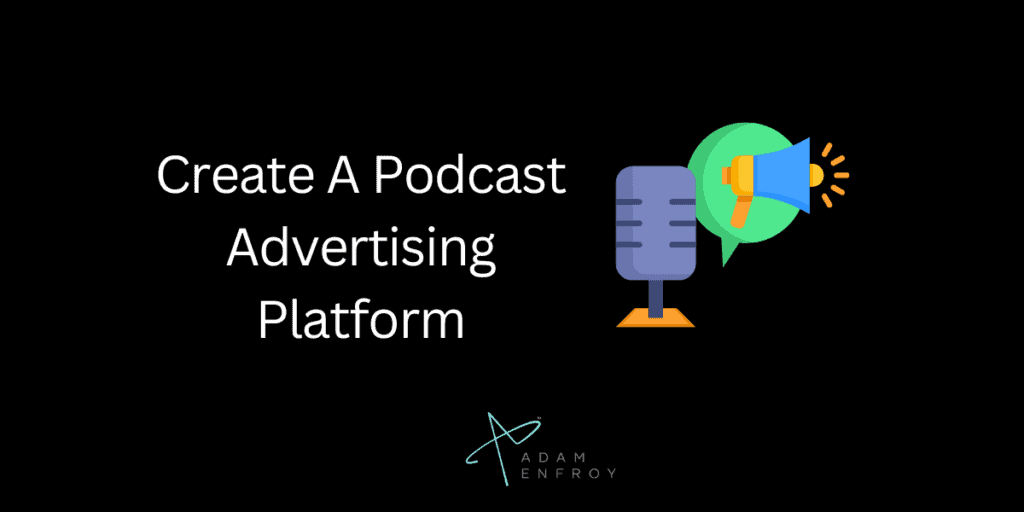
- Automate sponsorships – Using AI technology, it is possible to automate sponsorship deals with brands and businesses so that they only pay when certain conditions are met. This agreement could be based on listener engagement or total downloads for each episode, meaning that you can get paid for the quality of your content rather than just hoping for payment from an advertiser.
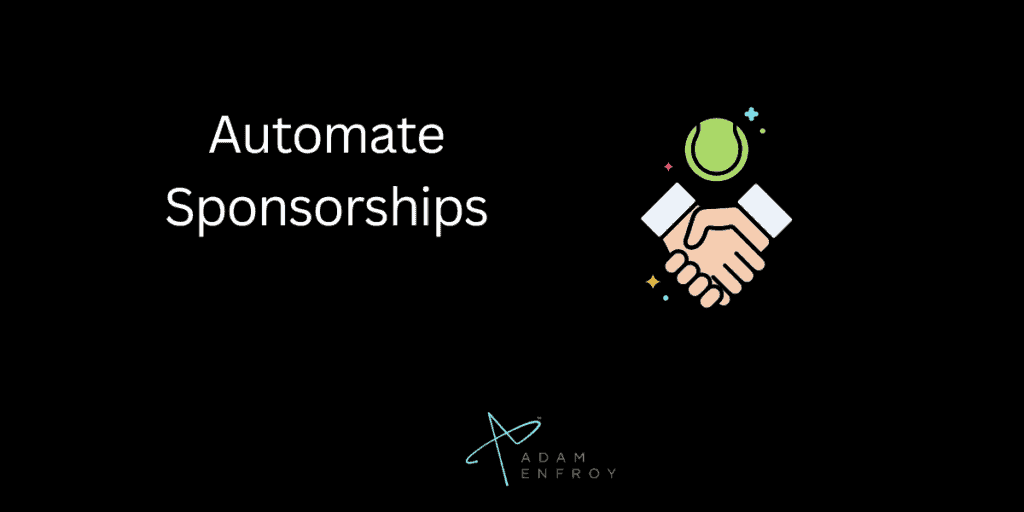
- Utilise voice recognition tools – You can generate additional income by offering subscription services or content unlocked through people speaking a specific phrase using voice recognition technology.
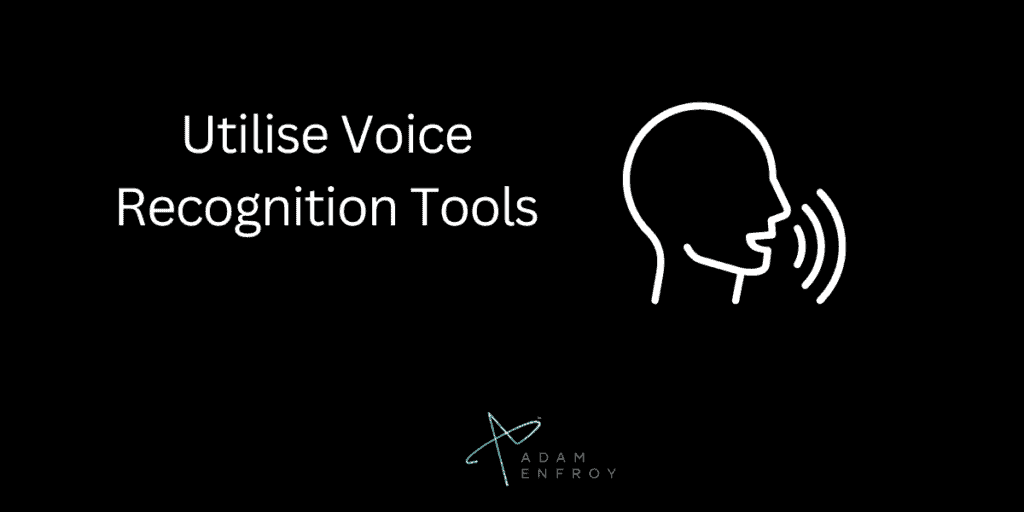
- Generate machine learning insights – By using AI-powered analytics platforms like Google Analytics, you can gain valuable insight into your podcast’s performance and engagement levels. You can then use this data to modify or improve existing episodes and create new ones to increase your podcasts’ monetization potential.

- Offer personalized podcast recommendations – AI technology can also provide customized podcast recommendations to your listeners based on their listening habits and interests. Personalization is a great way to increase engagement levels with existing users and encourage new ones to listen too!
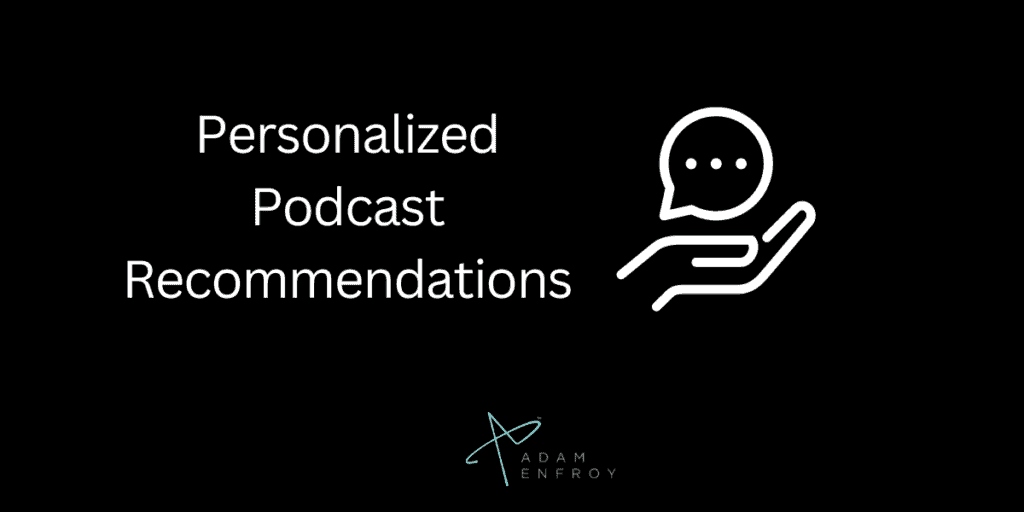
- Create branded content – Finally, by leveraging the power of machine learning algorithms and natural language processing, you can create highly engaging pieces of the branded hat explicitly tailored for your audience. You can reach more people and increase monetization opportunities for your podcasts.
Wrap Up.
The above step-by-step guide will help monetize your podcast as it grows.
In every action, prioritize the value you provide your target audience over anything else, as this is the best way to keep them engaged.
Finally, consider using a mix of the podcast monetization strategies I’ve discussed to ensure that you’re making the most of monetizing your podcast.
Have you ever recorded a podcast?
What tips do you have for others who are thinking about how to make money with their show?
Let me know in the comments below!
Further reading on AdamEnfroy.com: With various strategies to market your podcasts, you can increase the odds of people finding and listening to your show.
Last Updated on June 8, 2024 by Adam Enfroy
